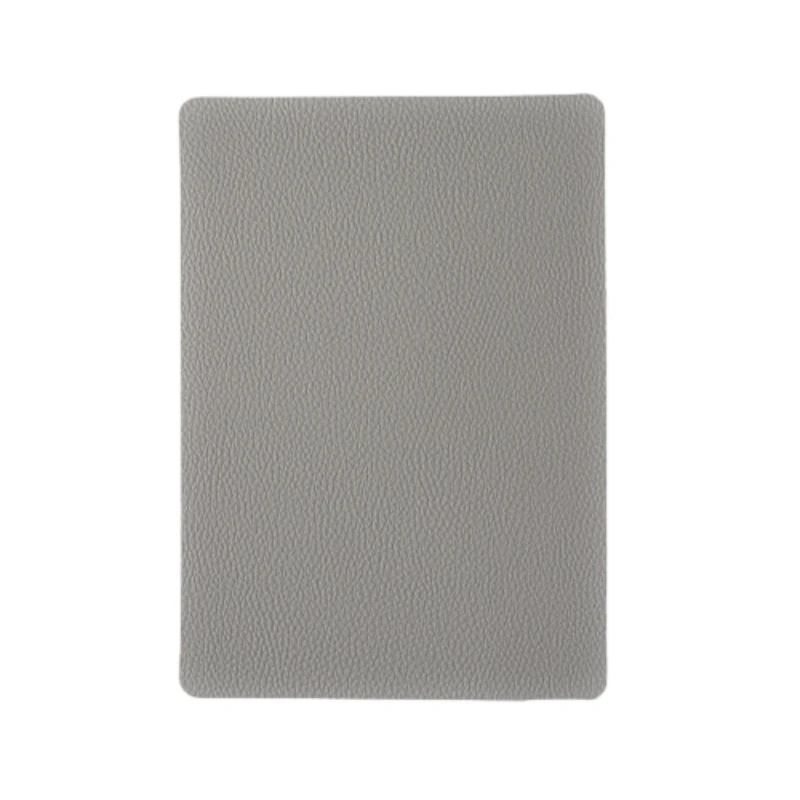commercial warehouse flooring
Understanding Commercial Warehouse Flooring A Comprehensive Guide
When it comes to setting up a commercial warehouse, the flooring choice plays a critical role in the overall efficiency, safety, and durability of the space. The right flooring material not only contributes to the aesthetic appeal of the warehouse but also impacts operational workflow, maintenance requirements, and long-term cost-effectiveness. This article explores the various flooring options available for commercial warehouses, their benefits, and considerations to keep in mind when making a selection.
Flooring Options for Commercial Warehouses
1. Concrete Flooring Concrete is the most common flooring option for warehouses, largely due to its strength, durability, and cost-effectiveness. It can withstand heavy loads from forklifts and pallet jacks without showing significant wear and tear. Additionally, concrete can be treated with sealants to enhance its resistance to stains and moisture, making it suitable for a variety of operational environments.
2. Epoxy Coating Epoxy flooring is created by applying a polymer-based coat over concrete. This option provides a seamless surface that is highly resistant to chemicals, spills, and abrasions. It also improves the aesthetic appeal of the warehouse with a glossy finish. An added advantage of epoxy coatings is their ease of cleaning, which helps maintain a hygienic work environment.
3. Vinyl Flooring Vinyl is a versatile option that combines durability with comfort. It comes in various designs and colors, allowing businesses to create an appealing atmosphere. While it may not be as robust as concrete or epoxy, modern vinyl flooring is engineered to withstand significant wear, making it suitable for light to medium warehouse operations. Additionally, its cushioning properties can enhance employee comfort during prolonged standing.
4. Rubber Flooring Rubber flooring is another resilient option that offers excellent shock absorption and slip resistance, making it ideal for warehouses that handle heavy loads or where workers may be on their feet for long periods. Rubber is also easy to clean and maintain, though it may come at a higher initial cost compared to other options.
commercial warehouse flooring

5. Tile Flooring Porcelain or ceramic tiles can be used in specific areas of a warehouse where a more decorative or refined appearance is desired. While they provide durability and easy maintenance, tile flooring can be more susceptible to cracking under heavy loads, so it's often best used in administrative or break areas rather than the main operational floor.
Key Considerations
When choosing flooring for a commercial warehouse, consider the following factors
- Load Capacity Evaluate the maximum weight that the flooring will need to support. This includes the weight of inventory, equipment, and foot traffic. - Safety Slip resistance is critical in a warehouse environment to prevent accidents. Ensure that the flooring material has anti-slip features, especially in areas prone to spills. - Maintenance Consider the maintenance requirements of the flooring. Some materials require frequent cleaning and resealing, while others may need less upkeep. - Cost Analyze both the initial installation costs and the long-term maintenance costs. Sometimes, investing in a higher-quality material can lead to savings over time. - Environment The warehouse environment can impact flooring choices. For instance, areas subject to humidity may require moisture-resistant materials.
Conclusion
Selecting the right flooring for a commercial warehouse is a decision that requires careful consideration of various factors, including functionality, safety, cost, and environmental conditions. Each flooring type offers unique benefits that can enhance the operational efficiency and safety of the space. By understanding these options, warehouse managers can make informed decisions that not only serve their current needs but also anticipate future growth and changes in operations. A well-chosen flooring solution is an investment that pays off in durability, performance, and employee satisfaction, ultimately leading to a more productive workplace.
-
Commercial Parquet Flooring: Considerations of Aesthetics, Practicality, And SustainabilityNewsApr.15,2025
-
PVC Sports Flooring: Performance, Applications, And Development TrendsNewsApr.15,2025
-
PP Interlocking Floor: a Paving Solution That Combines Functionality and SustainabilityNewsApr.15,2025
-
Plastic Flooring Tiles Outdoor: Practicality, Sustainability, And Development ProspectsNewsApr.15,2025
-
On the Application of PVC Flooring for Badminton Court in Badminton VenuesNewsApr.15,2025
-
Commercial Wood Flooring: the Balance Between Aesthetics, Functionality, And SustainabilityNewsApr.15,2025
-
The Ultimate Guide to Futsal FlooringNewsMar.27,2025

